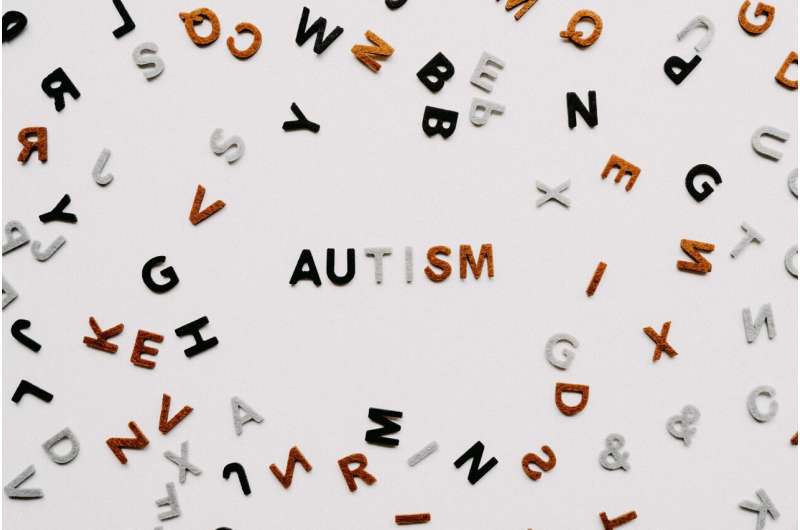How Dopamine Signaling in the Nucleus Accumbens Influences Decision Confidence

New research highlights the role of dopamine signaling in the nucleus accumbens in shaping confidence during decision-making, with implications for mental health disorders.
Recent research has shed light on the critical role of dopamine signaling within the nucleus accumbens—a key brain region involved in reward processing and motivation—in shaping how individuals assess their confidence during decision-making. Decision-making is a complex process that encompasses evaluating options, predicting outcomes, and sometimes revising choices based on new information. While the neural mechanisms of decision-making have been studied extensively, particular attention has been given to the nucleus accumbens' contribution to evaluating value and certainty.
The nucleus accumbens, a part of the basal ganglia, is known for its involvement in reward processing, motivation, and pathologies such as addiction and anxiety disorders. A recent study by scientists at the University of Minnesota Medical School explored how dopamine signaling in this region influences decision confidence and re-evaluation. Their investigation involved experiments with adult mice performing an economic foraging task, where the animals chose between pulling a lever for a diminishing reward or seeking a new source.
During these tasks, researchers recorded dopamine activity in the mice's nucleus accumbens and manipulated dopamine levels using optogenetics—techniques that can increase or decrease dopamine release. The results demonstrated that higher dopamine activity was associated with greater confidence in decisions, while lower activity correlated with uncertainty and a higher likelihood of reversing a choice. Notably, dopamine signals provided insight into whether mice would change their decisions based on future evaluation.
This research suggests that dopamine in the nucleus accumbens does not merely encode reward prediction errors but also actively participates in self-guided decision processes, including the evaluation of confidence. Understanding these neural dynamics could have implications for mental health disorders characterized by decision-making deficits, such as addiction and obsessive-compulsive disorder.
The findings emphasize that decision-making is a continuous, dynamic process involving reevaluation of past choices and anticipation of future outcomes. By revealing the neurochemical underpinnings of confidence, this research offers pathways for developing interventions targeting dopamine signaling to improve decision quality and treat related disorders.
Source: https://medicalxpress.com/news/2025-08-dopamine-nucleus-accumbens-confidence-decision.html
Stay Updated with Mia's Feed
Get the latest health & wellness insights delivered straight to your inbox.
Related Articles
How Natural Brain Opioids Enhance Attention and Resilience After Rewards
Natural brain opioids play a key role in enhancing attention and resilience after rewards, supporting mental flexibility and stress management. Learn how positive emotions influence our cognitive processes.
Reactivating Indigenous Languages Promotes Better Public Health Outcomes
Reviving Indigenous languages is linked to improved mental health, reduced suicide rates, and stronger community well-being, according to recent research from UBC and partners.
Tailored Environments Essential for Autistic Adults: Moving Beyond One-Size-Fits-All Approaches
New research emphasizes the importance of personalized sensory spaces for autistic adults, advocating for flexible environments that accommodate individual preferences and needs beyond traditional designs.
Understanding Cultural Perspectives on Living with Dementia
A new report explores how societal narratives influence the experiences of those living with dementia and emphasizes the importance of inclusive, respectful perspectives to improve care and societal support.



